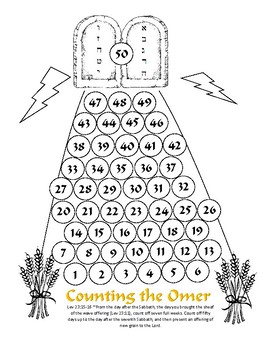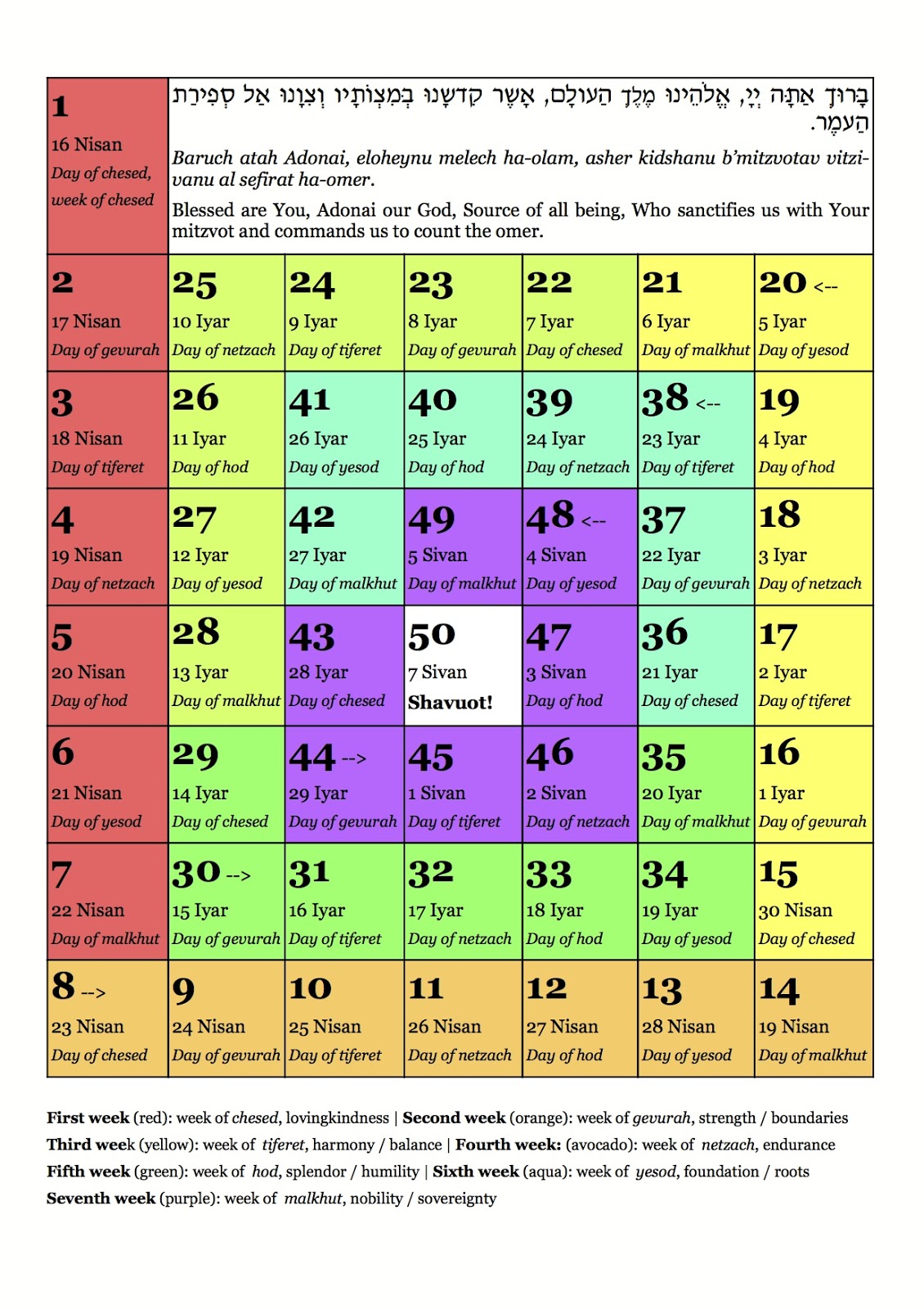
Learn about these and other ancient movements of Judaism and the differenes in their beliefs.Kabbalah teaches that when Moses took the Israelites out of Egypt, they received freedom, liberty, and liberation without any effort on their part. The ancient Pharisees and Sadducees had different ideas about when to count the Omer. Learn about the Jewish festival of Shavu'ot.ĭid you know that Hebrew uses letters as numerals, just as the Romans did? Learn about the Hebrew numbering system. The counting ends at the festival of Shavu'ot, celebrating of the giving of the Torah and reminding us of the connection between Passover and Shavu'ot. Learn about Passover, including an outline of the seder (the family holiday ritual meal) and a recipe for charoset (a traditional seder food). The Omer count begins on the Passover, reminding us of the connection between Passover and Shavu'ot.

Related Pages Last Holiday: Pesach: Passover Jewish Year 5787: sunset nightfall May 25, 2027įor additional holiday dates, see Links to Jewish Calendars.Jewish Year 5786: sunset nightfall May 5, 2026.Jewish Year 5785: sunset nightfall May 16, 2025.Jewish Year 5784: sunset nightfall May 26, 2024.Jewish Year 5783: sunset nightfall May 9, 2023.Lag B'Omer will occur on the following days of the secular calendar: Sadducees no longer exist today, only a small sect call the So counting would always begin on a Saturday night during Passover. 23:15 referred to the Shabbat of the week when Pesach began, (Sadducees) rejected the idea of an oral Torah and believed that the word Passover, that is, the day after the non-working day of Passover. This view, held by most Jews today, the counting begins on the second night of 23:39 the first and eighth days of Sukkot are called "Shabbat"). Is a "Shabbat" in the sense that no work is permitted on the day (Rosh HashanahĪnd Yom Kippur are both referred to as "Shabbat" in this sense, though theyĬannot both occur on a Saturday in the same year see Lev. 23:15 referred to the first day of Passover, which Written Torah, and according to that oral Torah Pharisees believed that G-d gave Moses an There was at one time a dispute as to when the counting should begin. The number 33 in Hebrew, as if you were to call the Fourth of July "Iv July"įor more information about using letters as numbers. The word "Lag" is not really a word it is Iyar) is a minor holiday commemorating a break in The 33rd day of the Omer (the eighteenth of Haircuts during this timeĪre also forbidden. This period is a time of partial mourning, during which weddings, parties, andĭinners with dancing are not conducted, in memory of a plague during the It reminds us that the redemption from slavery was not complete until we The counting is intended to remind us of the link between Passover, whichĬommemorates the Exodus, and Shavu'ot, which commemorates the giving of the Simpsons-themed discussion of the Omer along with an Omer calendar, check out

Or if you'd prefer an amusing (yet still accurate!) Union has a chart that provides the transliterated Hebrew and English text Sixteen days, which is two weeks and two days of the Omer." The So on the 16th day, you would say "Today is Recite a blessing and state the count of the This grain offering was referred to as the Omer.Įvery night, from the second night of Passover to the night before Shavu'ot, we The days of the Temple, an omer of barley was cutĭown and brought to the Temple as an offering. 23:15), we are obligated to count the days from Then you will observe the Festival of Shavu'ot for the L-RD, your G-dĪccording to the Torah (Lev. Sickle is first put to the standing crop shall you begin counting seven weeks. You shall count for yourselves seven weeks, from when the

Until the day after the seventh sabbath you shallĬount, fifty days. Shabbat, from the day when you bring the Omer of the waving - seven Shabbats, You shall count for yourselves - from the day after the


 0 kommentar(er)
0 kommentar(er)
